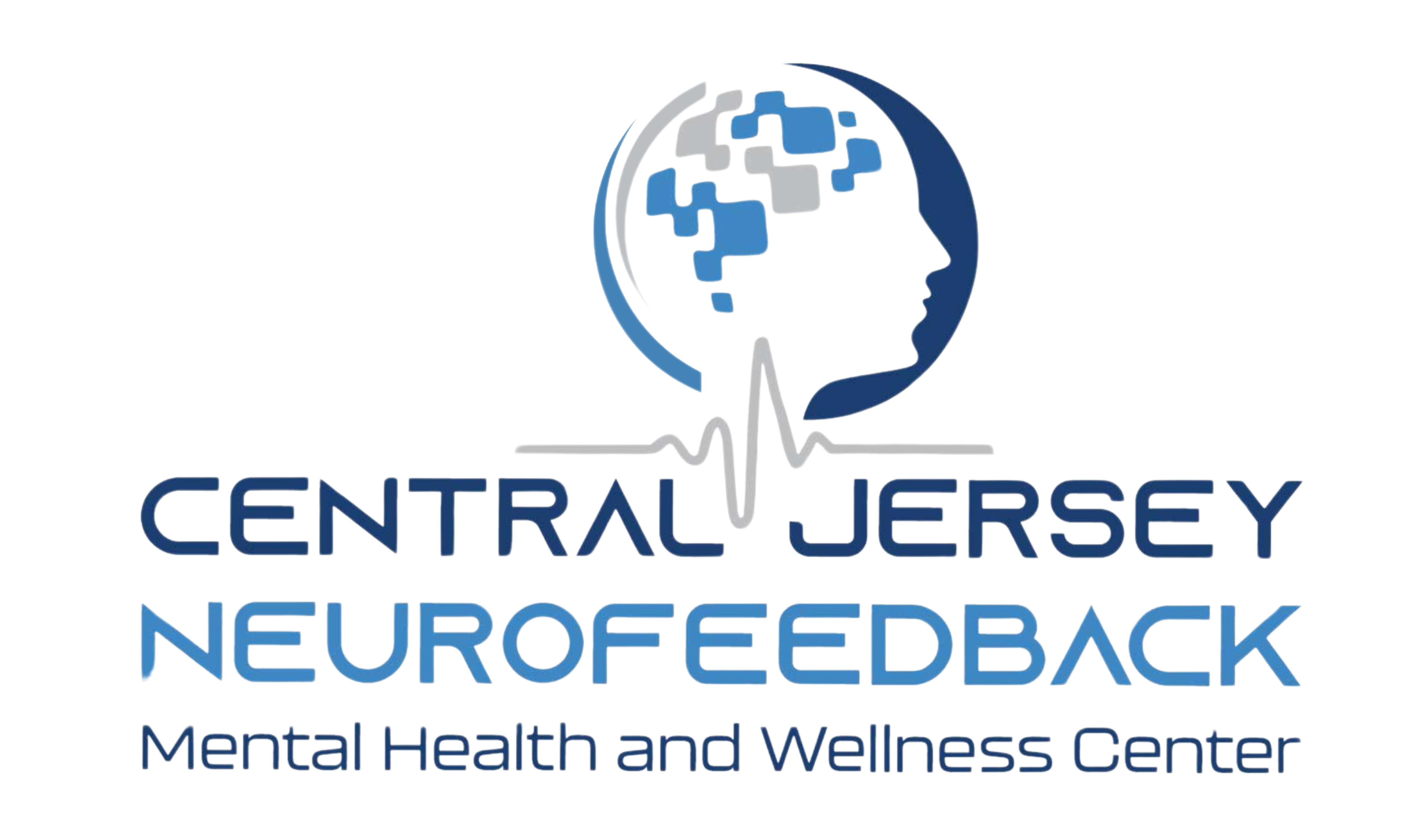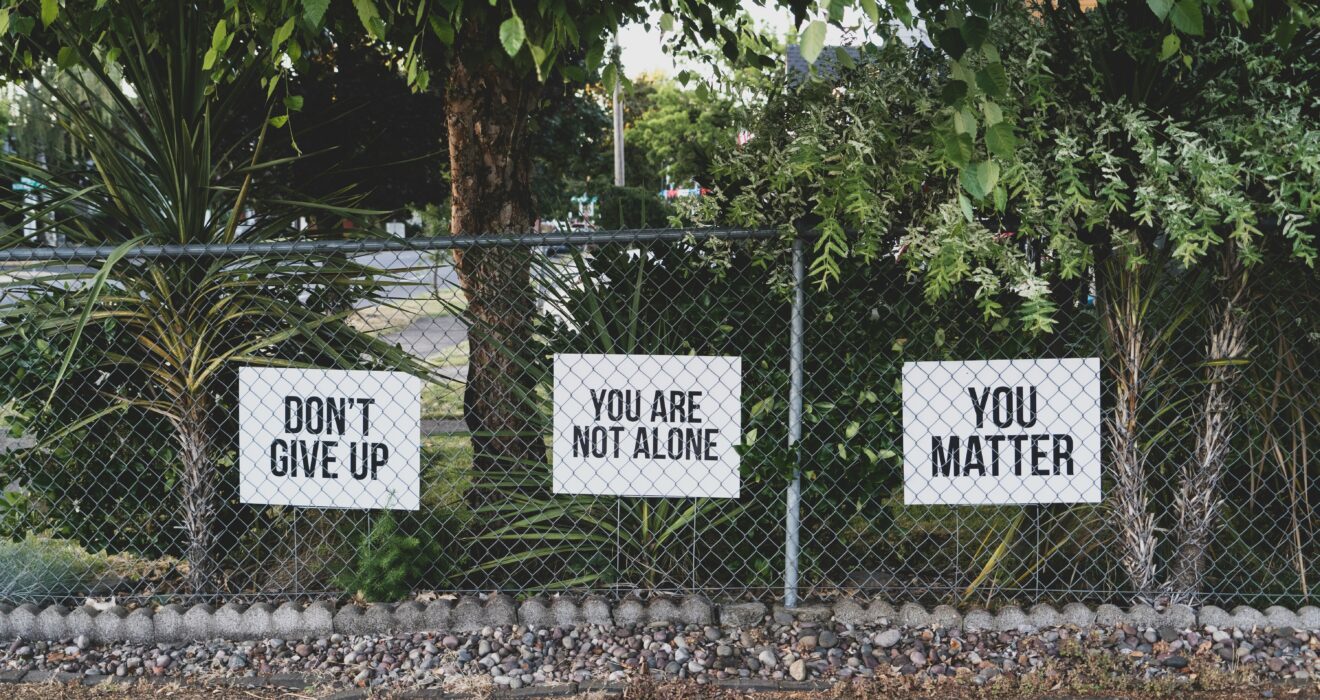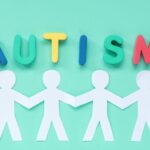Mental Health Complications: Types, Causes, and Diagnosis in 2024
Introduction = Mental health is fundamental in human life. It determines how we act and feel. Mental health impacts our decision-making ability. It also has an impact on our stress-controlling power. Nowadays, there is an increase of awareness regarding mental health problems. People have become conscious of how they affect our society.
The main public health issue in the United States is mental health disorders. These kinds of illnesses affect millions of people every year. . The types of these disorders vary, but they affect individuals’s lives equally.
In this article, we will discuss the types of mental health disorders. ALL the causes, symptoms, and how they can be treated.
What is a Mental Health Disease?
Illness that leaves an impact on people’s way of thinking. The way they behave with others, and their mood. Due to this illness, a person is unable to function properly in their daily life. Is not able to manage happy relationships.
Common Types of Mental Health Disorders
# 1: Anxiety Disorders
This kind of disorder comes with a high level of fear, worrying about small matters, and excessive tension that affects an individual’s life. Most frequent anxiety disorders include:
- Generalized Anxiety Disorder (GAD):
People suffering from GAD worry about daily life problems regularly. They are not able to control it.
Panic Disorder:
They feel intense fear and anxiety for a short period of time. Along with these feelings of losing control, they can experience fast heart palpitations and fear of death.
- Social Anxiety Disorder:
They are introverted people. They feel anxiety about social gatherings; that is some of the reason why they avoid connections with other people.
Phobias:
People with this kind of mental illness feel intense fear about specific things, specific objects, or specific situations like heights or animals.

# 2: Mood Disorders
This kind of illness occurs when; the person feels extra sadness at one point and then extreme mood instability at some other point.
- Depression (Major Depressive Disorder):
The person feels sad. Unconcerned and with low energy.
- Bipolar Disorder:
Mood shifts and depression.
- Seasonal Affective Disorder (SAD):
Seasonal mood shifts.
# 3: Psychotic Disorders
People experiencing this disorder experience a detachment from reality.
- Schizophrenia:
A serious condition in which a person feels misunderstood, they experience daydreaming and disorganized thinking.
- Schizoaffective Disorder:
These persons have all symptoms related to schizophrenia and mood disorders.
- Delusional Disorder:
Permanent, faulty beliefs that are unbendable. They consider that their thinking is right and the real world is wrong.

# 4: Eating Disorders
Individuals suffering from eating disorders have a damaging relationship with food and their body shape.
Anorexia Nervosa
Individuals suffering with this condition have a high fear of gaining weight, and they often avoid food. That leads them to high nutrient deficiencies, which can be fatal.
- Bulimia Nervosa:
People struggling with this condition consume food then try to vomit it before it converts into fat deposition, and all this happens at an excessive rate. They also adopt a high level of exercise to burn calories.
- Binge Eating Disorder:
They eat a lot of food without considering that this food will cause a lot of problems for their healthy life routine. This overeating habit causes them many health problems, like heart, kidney, and stomach issues.
# 5: Personality Disorders
Personality disorders encounter behavioral patterns. Individual act differently from traditional beliefs.
Three Personality Disorders
| Borderline Personality disorder | Antisocial Personality disorder | Narcissistic personality disorder |
| Intense Emotion | Disregard for others | Self love at very high level |
| Unstable Relationship | Leading to manipulate | High demand for Admiration |
| Fear of Abandonment | Criminal behavior |
# 6: Obsessive-Compulsive and Related Disorders

The patients of this illness overthink. They think about the problem a lot.
- Obsessive-Compulsive Disorder (OCD):
Undesirable, interrupting thoughts can cause repeated behaviors like nail biting and hand washing.
- Body Dysmorphic Disorder (BDD): This kind of person focuses on their physical appearance and thinks that there are many flaws in the way they look.
- Hoarding Disorder:
The patient thinks that he/she will be knocked out of society, and there is no importance of them in their friends or family groups. They store many items regardless of their sentimental or monetary value and feel very anxious about getting rid of any of them. This will lead them to loneliness.
# 7: Post-Traumatic Stress Disorder (PTSD)
It is usually experienced by those people who encounter traumatic experiences, such as eyewitnesses to war, extreme violence and natural disasters. Individuals can experience nightmares, flashbacks of the event and experience severe fear of people.
Risk Elements and Source of Mental Health Disorders
There are many elements that can increase the risk of having a mental disorder:
| Biological Factors | The way of thinking and genetics are important in mental health conditions. |
| Life Experiences | Mental health illnesses also occur due to long-term stress, high levels of abuse, and any kind of trauma. |
| Family History | A history of mental history disorders in your family will increase the risk. |
| Substance abuse | Drinking alcohol and using drugs for a long time. |
Symptoms of Mental Health Disorders
Symptoms can vary in every patient due to different types of disorders:
- Emotional Symptoms: Mood change, terror, or anger.
- Physical Symptoms : Extreme tiredness , headaches, and unexplained physical pain.
- Behavioral Changes : Removal from social activities. Facing difficulty in concentrating. Changes in eating and sleeping patterns.
Diagnosis and Treatment Options
This includes:
- Psychotherapy: Cognitive behavioral therapy (CBT) and Dialectical behavior therapy (DBT) .
- Medication: Antidepressants are available. Antipsychotics. and mood stabilizers.
- Lifestyle Changes: Exercise can cause a sense of wellbeing. A healthy diet and good routines can improve mental health.
- Support Systems: Family assistance and professional counseling play a significant role in recovery.
Conclusion
By gaining all the knowledge about mental health illnesses.We can help our loved ones to overcome their struggles. In order to achieve recovery fast it is recommended to adopt a healthy diet, diagnose the disease at an early stage, and seek proper treatment.
FAQs
1. What is the most common mental health disorder?
The most common mental health illness is anxiety. It affects teens and children in their college and school life.
2. How can you tell if a person has a mental health disorder?
Mental Health providers can assess and deliver a diagnosis.
3. What do you do if you suspect you have a mental health disorder?
Go to a professional for help.
4. Can lifestyle changes help in controlling mental health disorders?
Yes, lifestyle changes can promote mental wellbeing.



